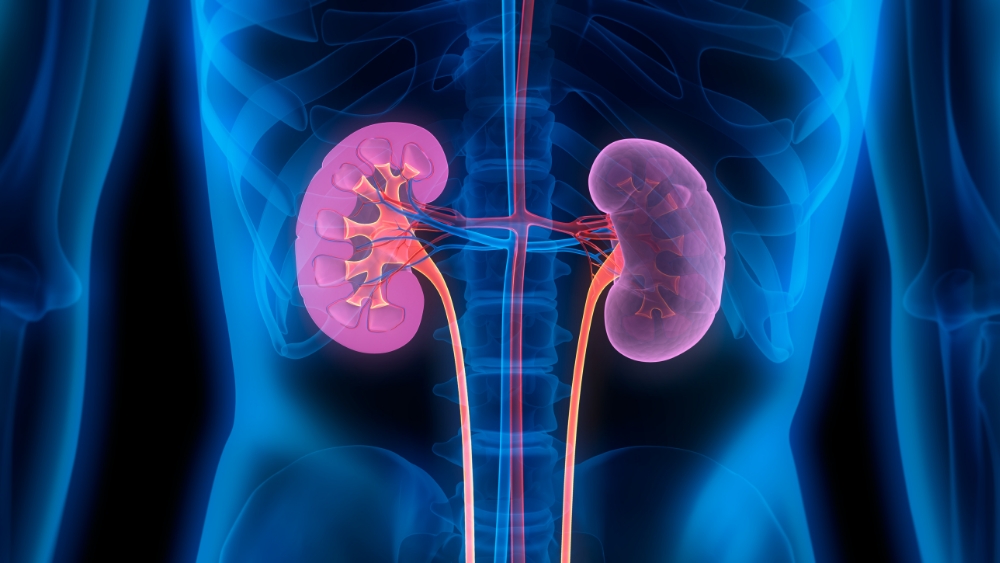
NIDDK has announced that it will be supporting a long-term study of people who develop diabetes after infection with SARS-CoV-2.

NIDDK has announced that it will be supporting a long-term study of people who develop diabetes after infection with SARS-CoV-2.
What you need to know
Studies have shown that some people can develop diabetes after having COVID-19. A Centers for Disease Control and Prevention study published in early 2022 found that people under age 18 have an increased risk of being diagnosed with diabetes in the month after SARS-CoV-2 infection. NIH-supported research has found that SARS-CoV-2 can injure the cells in the pancreas that produce insulin. It is also possible that stress or weight gain during the pandemic could increase the risk of developing diabetes.
To understand the phenomenon of diabetes that develops after SARS-CoV-2 infection, the National Institute of Diabetes and Digestive and Kidney Diseases (NIDDK) recently released a funding opportunity announcement for a long-term study.
What will the study be for?
One research team — supported by NIDDK — will carry out a large, long-term study that follows people who developed diabetes after they had COVID-19. The researchers will enroll adults and children in the study, including both people who have developed diabetes after COVID-19 and those who have not.
NIDDK hopes to understand people’s experience with diabetes after COVID-19, including how and when the diabetes starts and how it progresses. The researchers will also be looking at whether the disease looks the same as diabetes in people who did not have COVID-19. The research team will investigate the role that other factors such as genetics or stress may be playing.
Why is this research important?
The research will help explain why some people develop diabetes after SARS-CoV-2 infection. The research will also show whether this form of diabetes is the same as that developed by people who did not have COVID-19. Researchers will need to learn all they can about diabetes after COVID-19; if it is a new form of diabetes, it may need different treatments.
Where can I go to learn more?
- NIDDK calls for applications to establish a long-term study of people who developed diabetes after SARS-CoV-2 infection.
How COVID-19 Can Lead to Diabetes
- Former NIH Director Francis S. Collins, M.D., Ph.D., shared NIH-sponsored research on how SARS-CoV-2 infection may affect the cells in the pancreas that make insulin.

News and Stories
Read stories about the efforts underway to prevent, detect, and treat COVID-19 and its effects on our health.
 An official website of the United States government
An official website of the United States government

